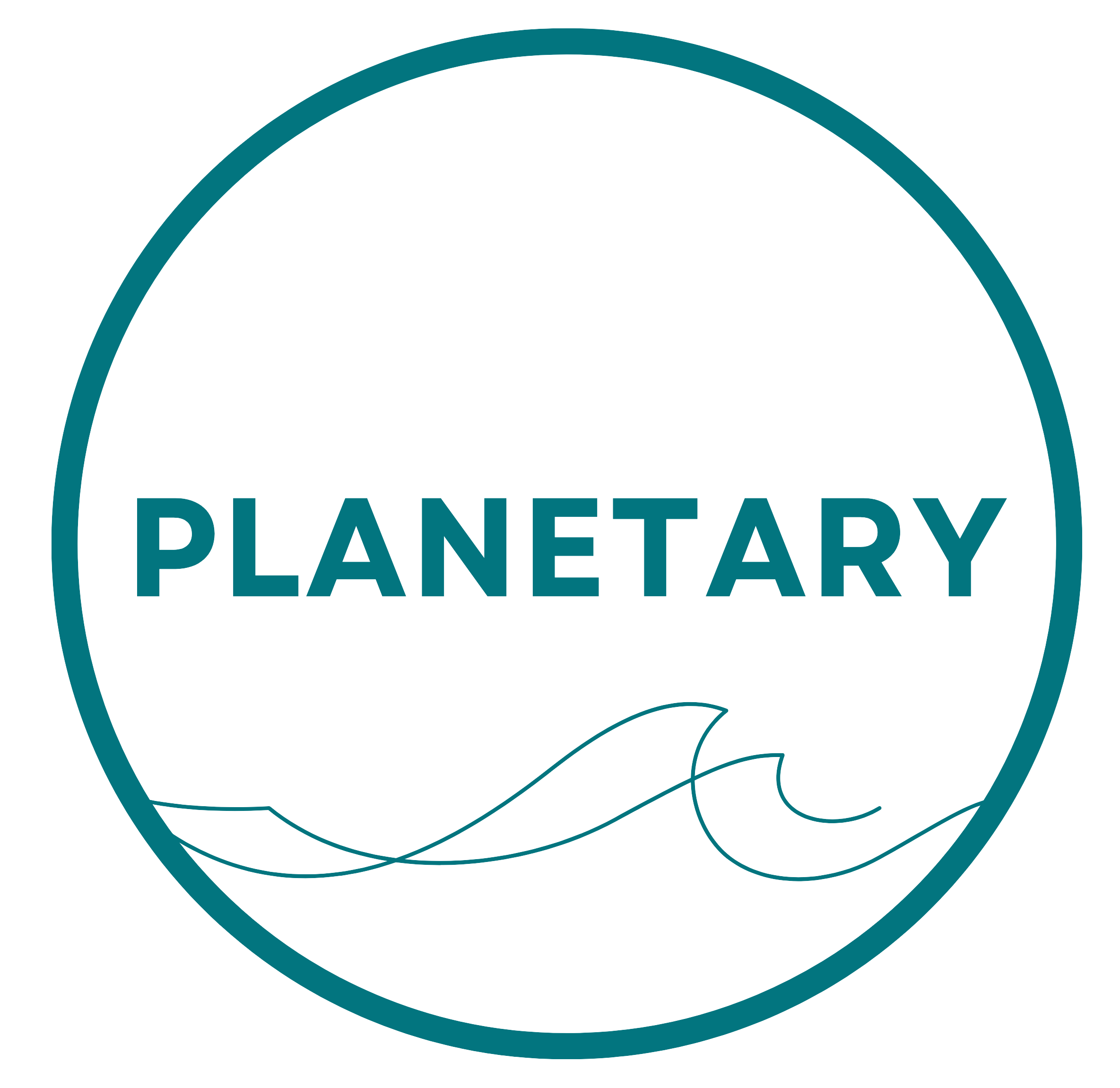Overview
In May of 2025, Planetary’s environmental monitoring program at the Tufts Cove site flagged unexpected results: elevated levels of some metals in seawater samples. Thanks to our proactive stop-trigger framework, we were able to respond quickly, pause alkalinity addition, and launch a thorough investigation into the anomaly. The result? Validation of our safeguards, the collection of additional seawater chemistry data across the wider harbour, and an even stronger commitment to responsible deployment.
Stop-Trigger In Action
On May 15, Planetary received laboratory data showing unusually high levels of some metals in seawater samples collected two weeks earlier. In line with our precautionary approach, we immediately paused operations at Tufts Cove, informed regulators, and began a detailed review.
Further analysis pointed to the likely cause: the unintentional resuspension of sediments from the seafloor, due to seafloor disturbance during regular sampling activities. This conclusion was later supported by follow-up samples taken on May 22 and May 29, which showed metal concentrations well within federal and regional Environmental Quality Standards (EQS).
A Closer Look
We approached the investigation with transparency and scientific rigor. Our team evaluated every aspect of the data, including possible links to our operations, feedstock volumes, and historical data. We also reviewed sampling procedures and looked at broader environmental factors, such as stormwater and wastewater inputs in Halifax Harbour and reduced outfall flow rates from the Tufts Cove power plant during the same period.
Ultimately, the evidence confirmed that our alkalinity addition activities were not the cause of the anomalies. Instead, the results likely stemmed from a combination of sampling disturbance and previously mentioned environmental factors.
Continuous Improvement
Even though Planetary’s operations were not responsible for the test results, we saw this as an opportunity to further strengthen our protocols. We’ve introduced several corrective measures to reduce the risk of sediment resuspension during sampling and are refining our procedures to ensure the highest data quality possible.
The Outcome
Thanks to our monitoring program and rapid-response framework, we were able to:
- Detect anomalies early
- Pause operations out of an abundance of caution
- Investigate thoroughly and transparently
- Confirm our activities were not the cause
- Improve our sampling process moving forward
Based on all available evidence and monitoring data showing a return to normal conditions in the harbor , Planetary will begin to resume alkalinity addition at Tufts Cove at the end of June 2025.
Caution Pays Off
This experience demonstrates that Planetary’s safety systems work exactly as intended. Our commitment to environmental stewardship means we take every anomaly seriously, even when our alkalinity addition was not the cause. We believe this proactive, science-led approach is key to building trust, protecting local ecosystems, and setting the bar for responsible carbon removal.



